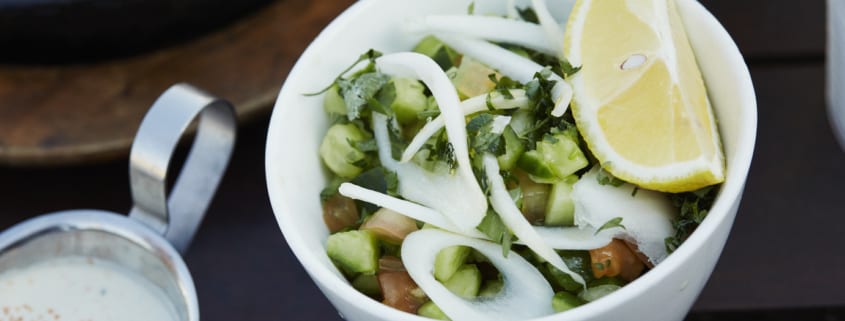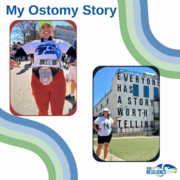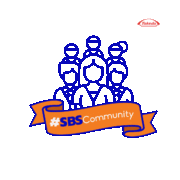Ostomy Diet Guidelines After Surgery
Chances are you will be able to return to your normal diet not too long after your operation. It is good to keep in mind that foods that were good and healthy for your body before your operation are still good for you. A well-balanced diet is recommended for most individuals.
Although your ostomy nurse more than likely will give you tips and advise you on your health and diet, here are some alternative helpful suggestions for maintaining a proper diet after your surgery.
Follow the advice of your surgeon, dietitian, and/or WOC nurse regarding any dietary restrictions right after surgery or on a long-term basis.
Start Small
Ease your way back to proper nutrition with small quantities of food. It is recommended to eat 3 or more times per day in smaller quantities and portions. Try to eat these meals at the same time each day to help regulate bowel movements. Eating more frequently and in smaller quantities will help aid your body’s ability to process food and help with unnecessary gas.
For the first several weeks after your surgery, eating simple and bland soft foods will be easier to digest. Keep in mind that chewing your food well also adds to the ease of digestion – the more broken up it is, the easier it will be to process. Take your time with introducing high-fiber foods back into your diet as these will be harder to digest and can cause blockages. Ileostomates are often encouraged to avoid high-fiber foods to prevent risk of obstruction. Always follow the advice of your surgeon, dietitian, and/or WOC nurse regarding any dietary restrictions right after surgery or on a long-term basis.
If you are trying new foods, it is advised to try them slowly and one at a time. This will help you to have a better understanding of how your body works with the new foods and if any will cause excess gas, constipation, strange odors, or diarrhea. Slowly incorporate them into your diet and make note of how your body responds to them. Remember that every body is different and what affects someone else may not affect you in the same way. This is why it can be helpful to keep a journal or diary of how your body responds to different foods.
Drink Lots of Liquids
It is important to drink lots of liquids with an ostomy. If you have an ileostomy, more specific ileostomy dietary guidelines will be helpful. Dehydration can happen as you lose more fluids daily after an ileostomy, due to the fluid not being reabsorbed into the large intestine. Make sure to hydrate even more on hot and humid days or if you are participating in active sports. (Sports drinks and other high electrolyte drinks can help with this.)
Coffee and tea are fine to drink, but water and juices are still better sources of liquid, so be careful not to use coffee or tea as a substitute for water.
Can I Drink Alcohol With my Ostomy?
Alcohol is fine in moderation, you may want to try one drink (or even a half) and wait and see how it affects your body. Like other carbonated beverages, beer may cause extra gas and uncomfortable bloating but every body is different and what affects one person may not affect you in the same way.
Ostomy Problem Foods
Even though you can still enjoy most of the foods you loved before surgery, there are some foods to be aware of after your ostomy, specifically foods that are hard on digestion and can cause blockages. The following is a list of common foods that can cause problems, as they don’t break down easily:
- Nuts
- Seeds
- Popcorn
- Dried fruit
- Mushrooms
- Raw-crunchy vegetables
Eat these foods in small quantities and be sure to chew them well. If you think you have a food blockage, you should call your doctor or ostomy nurse. Having an ostomy certainly doesn’t mean you have to completely change your diet. By steering clear of a short list of problem foods and making sure to stay hydrated, you can get back to enjoying the foods you love.
To learn more about proper nutrition with an ostomy, visit Coloplast Care online.
Follow the advice of your surgeon, dietitian, and/or ostomy nurse regarding any dietary restrictions right after surgery or on a long-term basis.
Editor’s note: This educational article is from one of our digital sponsors, Coloplast. Sponsor support along with donations from readers like you help to maintain our website and the free trusted resources of UOAA, a 501(c)(3) nonprofit organization.













Leave a Reply
Want to join the discussion?Feel free to contribute!